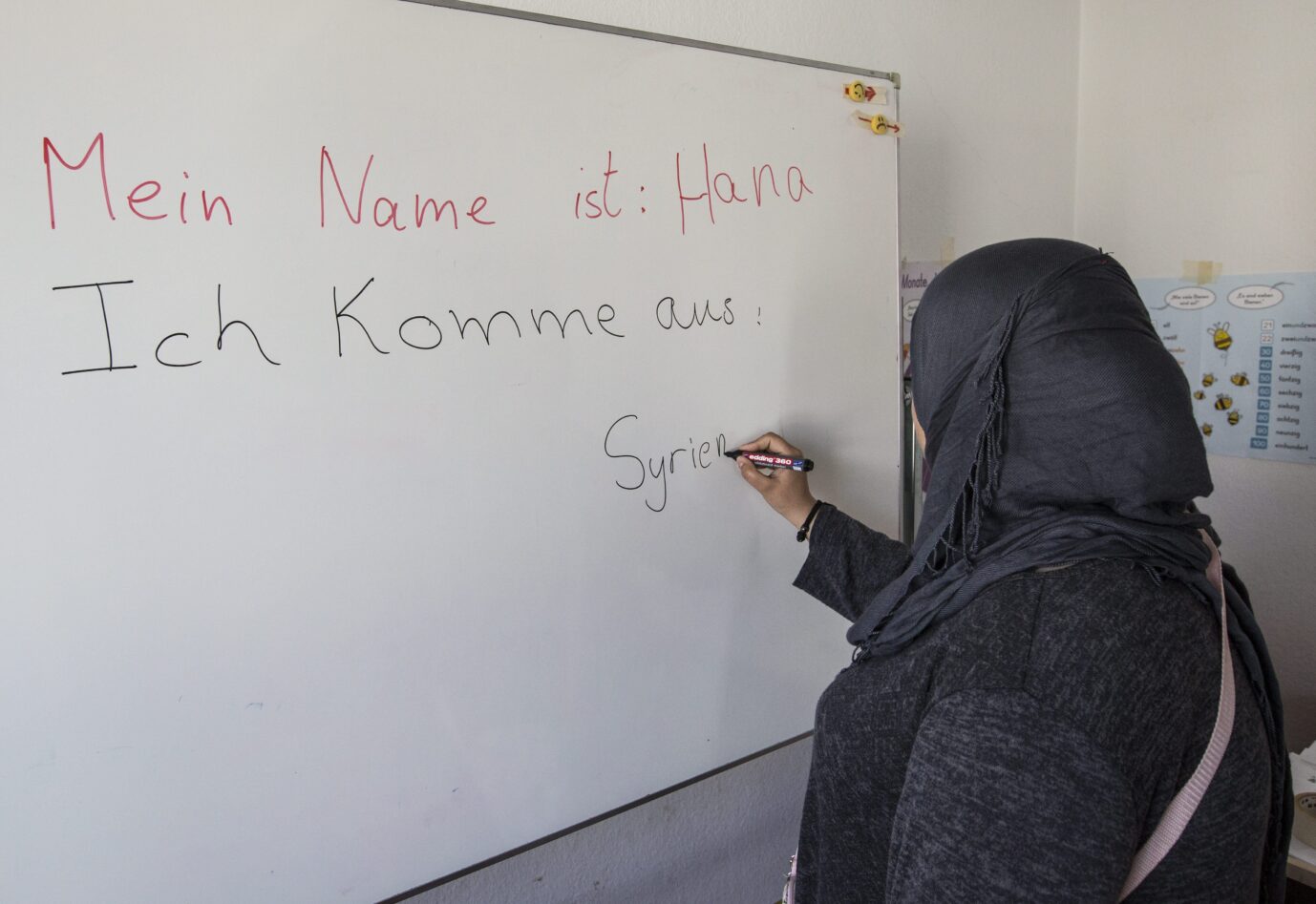
Jiri AI mee nchịkọta na-akparaghị ókè!
Kwalite na PRO US$ 7.0/m
Enweghị ọrụ amachibidoro
None
A family with a child with disabilities faces concerns about who will take care of them when the parents are no longer around. This has led to the introduction of Law No. 112/2016, known as "The After Us Law," which aims to provide support for individuals with severe disabilities who cannot rely on their parents' help anymore. The law provides for economic and bureaucratic aspects, as well as the organizations responsible for implementing it. The second chapter highlights the importance of independence for individuals with disabilities, and how this journey towards autonomy must begin early on. A personalized Life Plan is necessary to address the individual's needs and desires, and a network of family, school, and territory must work together to provide coordinated interventions that promote inclusive social development. The third chapter investigates potential criticisms of the plan's implementation, which could turn it into a sort of "dream book" filled with unrealistic expectations. However, there are many positive experiences in both the public and private sectors that can help make this plan a reality.
Ndị ọrụ PRO na-enweta nchịkọta ogo dị elu
Kwalite na PRO US$ 7.0/m
Enweghị ọrụ amachibidoro
Chịkọta ederede
Chịkọta ederede sitere na faịlụ
Chịkọta ederede sitere na webụsaịtị
Nweta nsonaazụ kacha mma yana atụmatụ ndị ọzọ
Bụrụ PRO
faces concerns
disabilities faces
law
law provides
disabilities
severe disabilities
Plan
provide support
Life Plan
child
Nchịkọta ndị emetụtara

Nweta nsonaazụ kacha mma yana atụmatụ ndị ọzọ
Bụrụ PRO